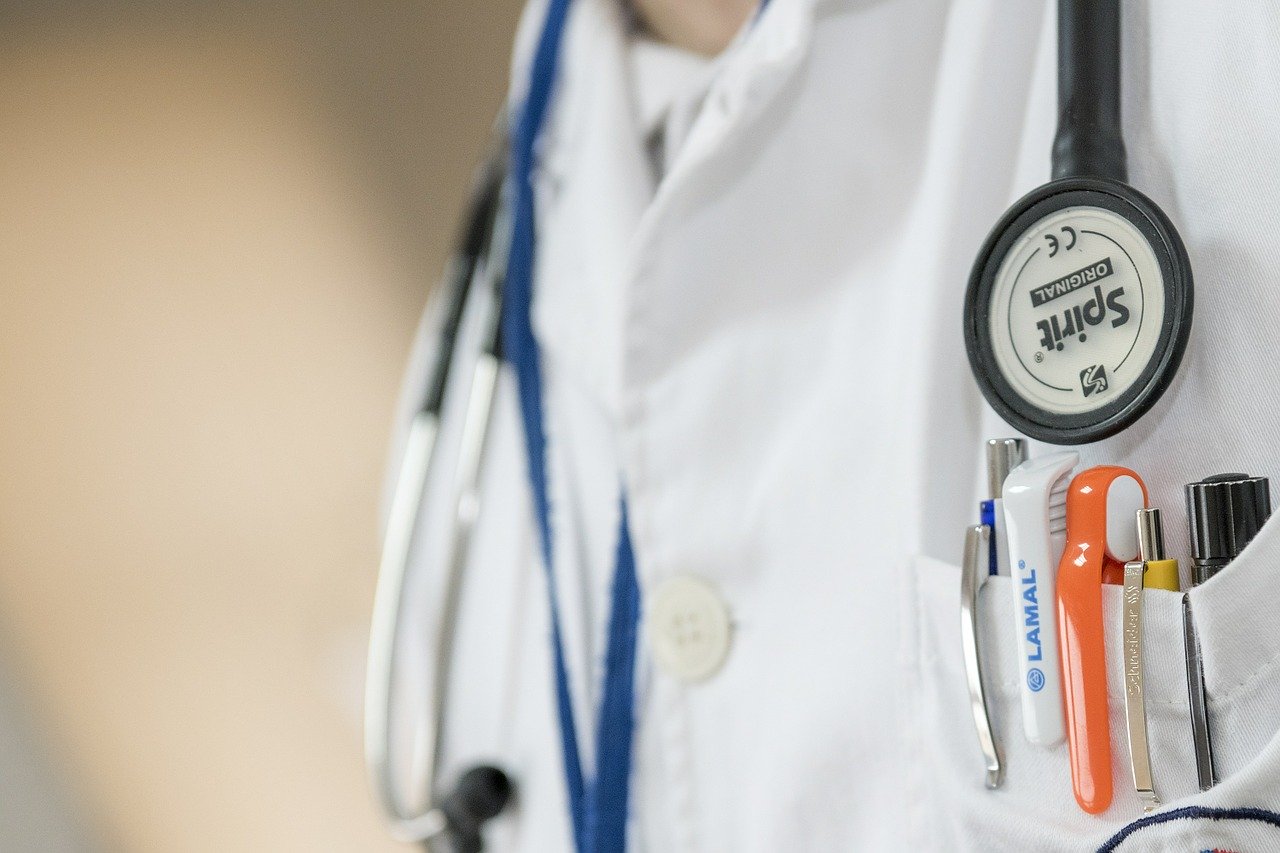Cholesterol is a substance similar in structure to fat. It is vital for the normal functioning of the body: it is found on the surface of all cells in the body, it is necessary for the production of vitamin D and some hormones.

There can be both “good” and “bad” cholesterol. The former is needed by the human body, and the more of it, the better. But an excess of the latter type increases the risk of developing atherosclerosis, stroke, coronary heart disease, and other diseases of the cardiovascular system. The total cholesterol level is the sum of “bad” and “good” types.
Causes of high cholesterol
- possible kidney and liver diseases, thyroid disorders, diabetes mellitus and high blood pressure.
- a number of factors that we cannot change. These include, for example, not very good heredity (relatives who had a stroke or coronary heart disease relatively early; this is a reason to be alert). Men are more likely to have myocardial infarction than women. Age also plays an important role: the older the person, the higher the risk.
- lifestyle. A diet high in saturated fat, smoking, obesity, and physical inactivity can increase the risk of high cholesterol levels. Even if you have several factors from this list, only a doctor can calculate the exact risk.
Is there any way you can influence cholesterol levels to reduce your risk?
Sure. You can check the health and cure diseases of the kidneys, liver and thyroid gland (if any). To reduce the risk, it is recommended to maintain a healthy weight, exercise, quit smoking, eat fewer foods with saturated fat, and give preference to vegetables, fruits, whole grains and fish.
But the result of such changes usually appears after 6-12 months and varies widely. Therefore, sometimes doctors choose not to rely on these changes alone and immediately prescribe medications that lower cholesterol levels.
Eggs are said to contain a lot of cholesterol. Should they be abandoned?

No. Yolks do contain a lot of cholesterol, but there is no link between regular egg consumption and the risk of coronary heart disease.
Research data suggest that saturated fats or trans fats contribute much more to blood cholesterol levels than cholesterol-free foods (eggs). There are only rare exceptions, and it is best to discuss this with your doctor.
Will the person feel if the cholesterol level suddenly becomes high?
No. High cholesterol usually has no signs or symptoms. Therefore, it is important to check it periodically.
At what age should you start checking your cholesterol level?
It is difficult to say because the recommendations of different medical organizations differ. For example, the American Heart Association finds it prudent to check total cholesterol levels and generally assess risks from age 20 every 4-6 years.
The European Society of Cardiology recommends testing total cholesterol at low risk when men are 40, and when women are at age 50 or in the post-menopause period. In high-risk situations, women and men need to have a blood test done earlier.
How often should this analysis be done?

It is better to consult with your doctor – especially if the person has already had serious problems with blood vessels, such as stroke, myocardial infarction, or other diseases of the cardiovascular system.
Only doctors can say how often the analysis will need to be done. At home, you can measure cholesterol using a special device. These tests are approved by the FDA and are safe to use. Home meters are called EasyTouch®, and in addition to cholesterol, they can measure blood glucose, hemoglobin and uric acid.
Diet for Lowering Cholesterol Levels
About 80% of cholesterol (that’s about 1 g per day) is produced by the body, particularly by the liver. We get the rest from food.
In the most difficult cases, the doctor prescribes cholesterol-lowering medications. But you can often do without pills – just reconsider your lifestyle a little. Here are some simple rules to help you control your cholesterol – reduce the bad and increase the good cholesterol. Consult with your therapist and bring their advice to life.
Eat less trans fats
Chips, hamburgers, other fast food, as well as baked goods, including cakes and pastries, are banned. These foods contain trans fats, which raise bad cholesterol and lower good cholesterol.
Lose excess weight

You don’t have to strive for the parameters of a supermodel. It is enough to lose 4.5 kg for LDL cholesterol levels to drop by 8%. Of course, continue to lose weight until your tests show the norm.
Move more
It is enough to devote only 2.5 hours a week to training (for example, walking for half an hour every weekday) to increase the “good” cholesterol and reduce the “bad” one.
Eat more vegetables, fruit and cereals
Especially those that contain a lot of fiber (coarse dietary fiber): oatmeal, apples, prunes, beans… Among other things, fiber will make you feel full longer, which means, get rid of excess weight.
Eat nuts

Any: walnuts, hazelnuts, peanuts, cashew nuts. All types of nuts contain substances that help lower the levels of “bad” cholesterol. The only disadvantage of such a diet is that it is very high in calories.
Learn to relax
The more stress you have, the higher the level of “bad” cholesterol can be.
Add spices
It is enough to consume half a clove of garlic every day for the “bad” cholesterol to drop by 9% rather quickly. Don’t forget to season your meals with black pepper, turmeric, ginger, coriander and cinnamon.
Quit smoking

Quitting smoking increases good cholesterol levels by 5%.
Laugh more often
This is where laughter can be a medicine. Like quitting smoking, it raises good cholesterol while reducing bad cholesterol.










